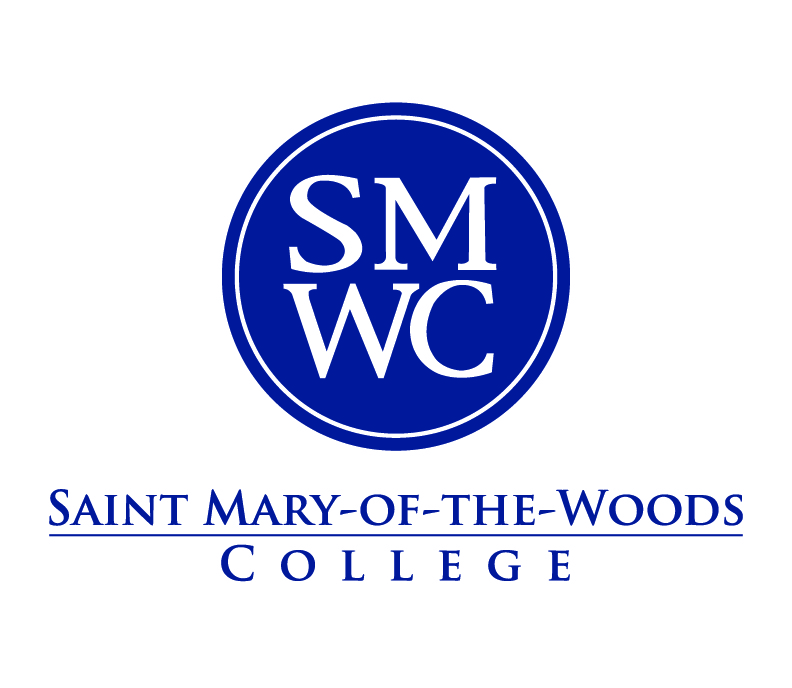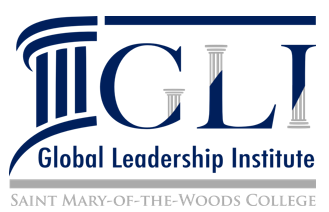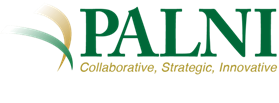Global Movement Crisis
A Case Study
DOI:
https://doi.org/10.59319/arete.v2i1.823Keywords:
movement, physical activity, service-learning, campus community, exercise training, globalAbstract
Background: Physical inactivity has become a global crisis and is adversely impacting the health of our world. Being physically active, even at a minimal level, can positively change physical and mental health. As little as ten minutes a day can result in significant health improvements, such as a decrease in blood glucose levels. Description: Service-learning courses are a way to provide students with job-related training as college credit and offer a needed service of safe physical activity to members of the local community. Learning Outcomes: Student participants learn from teaching exercise, building programs, and implementing a training program for the college employees. Significance and Impact: Physical inactivity is a global health crisis. The lack of activity is causing major health concerns as well as death. This is a call to action to expand healthy activity to the general population using trained student leaders. Teaching Notes: The case includes links to various documents to guide instructors to take advantage of a similar activity.
Downloads
Published
How to Cite
Issue
Section
License
Copyright (c) 2024 Tricia Pierce, DHS, Associate Professor and Director of Exercise Science, Penny Quinn, Ph.D., Chair of Science and Mathematics Department and Associate Professor of Kinesiology and Wellness

This work is licensed under a Creative Commons Attribution-ShareAlike 4.0 International License.
The Αρετή (Arete) Journal of Excellence in Global Leadership is an open access journal and follows the Creative Commons License (CC-BY 4.0). Copyrights for articles published in this journal are retained by the authors, with first publication rights granted to the journal. The journal/publisher is not responsible for subsequent uses of the work. It is the author’s responsibility to act on any infringement. The journal is published in electronic format and the journal does not provide printed copies of the published issue.
More about CC-BY-4.0:
The CC-BY-4.0 is an attribution-ShareAlike license. It is considered a "copyright" free and open source. This license lets others remix, tweak, and build upon your work (even for commercial purposes) AS LONG AS they credit you and license their new creations under identical terms.










